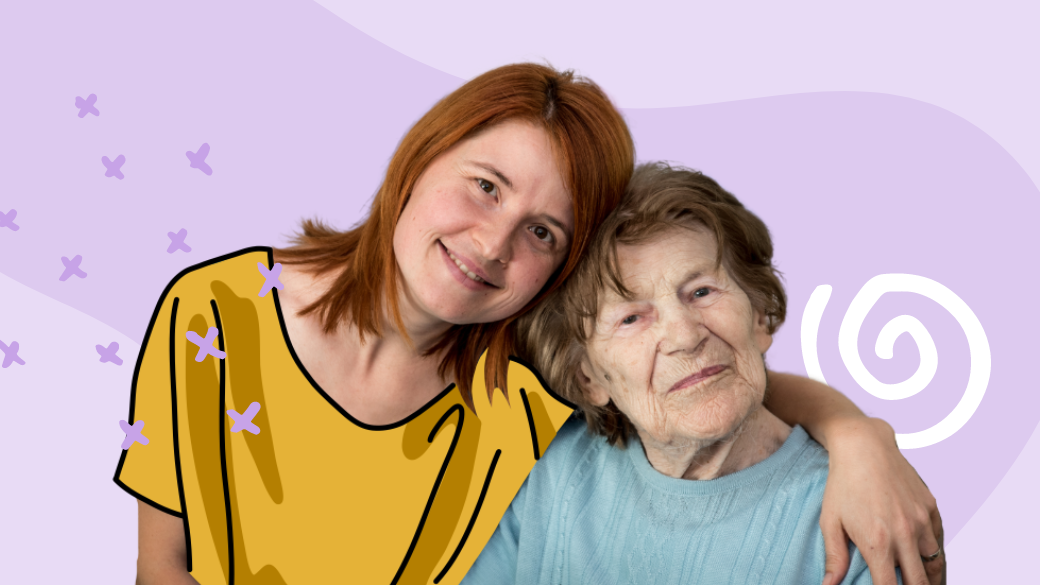
As a home care business owner, how do you keep your clients and caregivers happy? What do you do if someone isn’t happy? As you juggle schedules, billing, and various clients and caregivers, one way to strive to keep everyone satisfied is by matching the right client with the right caregiver. Pairing the right caregiver with the right client is about more than open schedules, it’s about analyzing the needs of both the client and the caregiver and putting the right two together. Here are five things you should consider to help you match the right caregiver with the right client:
1. The Client’s Medical Needs vs. the Caregiver’s Qualifications
Pairing a caregiver with a client who doesn’t have the qualifications or knowledge to care for their needs will be detrimental to your business. Does the caregiver know how to perform CPR or work an oxygen tank? Sending a qualified caregiver who can properly and confidently take care of a client’s needs will reassure the client that he or she is in good hands and that your home care business cares.
2. The Clients Physical Needs vs. the Caregiver’s Physical Ability
Does your client need to be moved from their bed to their wheelchair? Sending in a petite female caregiver may not be the best match. Clients need to know they are in strong and capable hands. Making sure the right caregiver is paired with the right client will not only make your client happy, but prevent any caregivers from injuring themselves by doing physical tasks they can’t perform.
3. Language/Culture of the Client vs. Language/Culture of the Caregiver
It is essential that your clients and caregiver are able to communicate. Pairing a caregiver who speaks only English with a client who speaks very little English will only lead to frustration and dissatisfaction on both ends. Caregivers and clients must be able to effectively communicate and understand one another. Also consider the native culture of both your client and caregiver. Sometimes a client may need assistance with cooking and are surprised to find that their caregiver doesn’t know how to cook American cuisine. Be aware of these differences as you match clients and caregivers.
4. The Personality of the Client vs. the Personality of the Caregiver
If you have a caregiver that can work well with anyone, adapt to different personality traits and environments, then you may not have to worry about this category as much. And often times opposite personalities can end up being the most compatible, but it is still important to consider the personality of the client and caregiver as it could present problems. If you have a shy and reserved client, he or she may be bothered by an overly talkative or outgoing caregiver. On the other hand, you may have very outgoing clients who want caregivers that will talk to them all day and keep them company. Ideally, you want caregivers who can work well with anyone, but most likely that is not the case. Personality traits may be a factor you need to consider when matching clients and caregivers.
5. The Gender of the Client vs. the Gender of the Caregiver
Gender can sometimes play a factor in whether or not a client is happy. Consider whether a female client will be comfortable having a male caregiver take care of her. She may feel more comfortable with a female caregiver who can anticipate her needs. The same can be said for male clients and female caregivers. If gender is something that is important to you clients, this may be a category you need to focus on.
Once you have a matched a caregiver with a client, monitor the relationship for a while and then find out how well they are working together. Get feedback from them both. Is the client happy with the caregiver? Is the client having his or her needs met? It takes work and little intuition to match the right caregiver and clients, but it is well worth your time to focus on creating a long-lasting client and caregiver relationship.
Visit our Resource Library for dozens of free tools, templates, webinars, and resources to help you improve client and caregiver compatibility, market to referral sources, increase client satisfaction, and manage your home care business.


![Improving-Caregiver-Retention-[LANDSCAPE] Improving Caregiver Retention By Understanding Caregiver Satisfaction](https://www.homecarepulse.com/wp-content/uploads/2015/09/Improving-Caregiver-Retention-LANDSCAPE.jpg)
![Increasing-Caregiver-Retention-[LANDSCAPE] Increasing Caregiver Retention Through Caregiver Recognition](https://www.homecarepulse.com/wp-content/uploads/2015/05/Increasing-Caregiver-Retention-LANDSCAPE.jpg)




